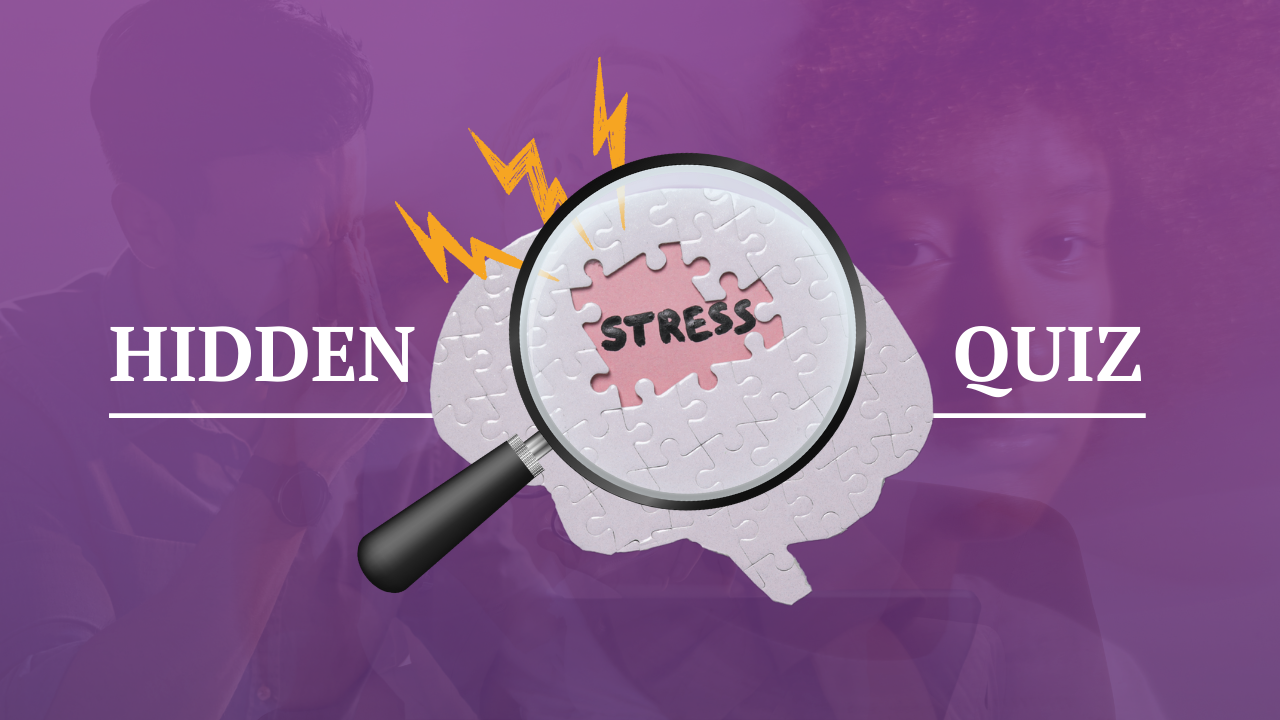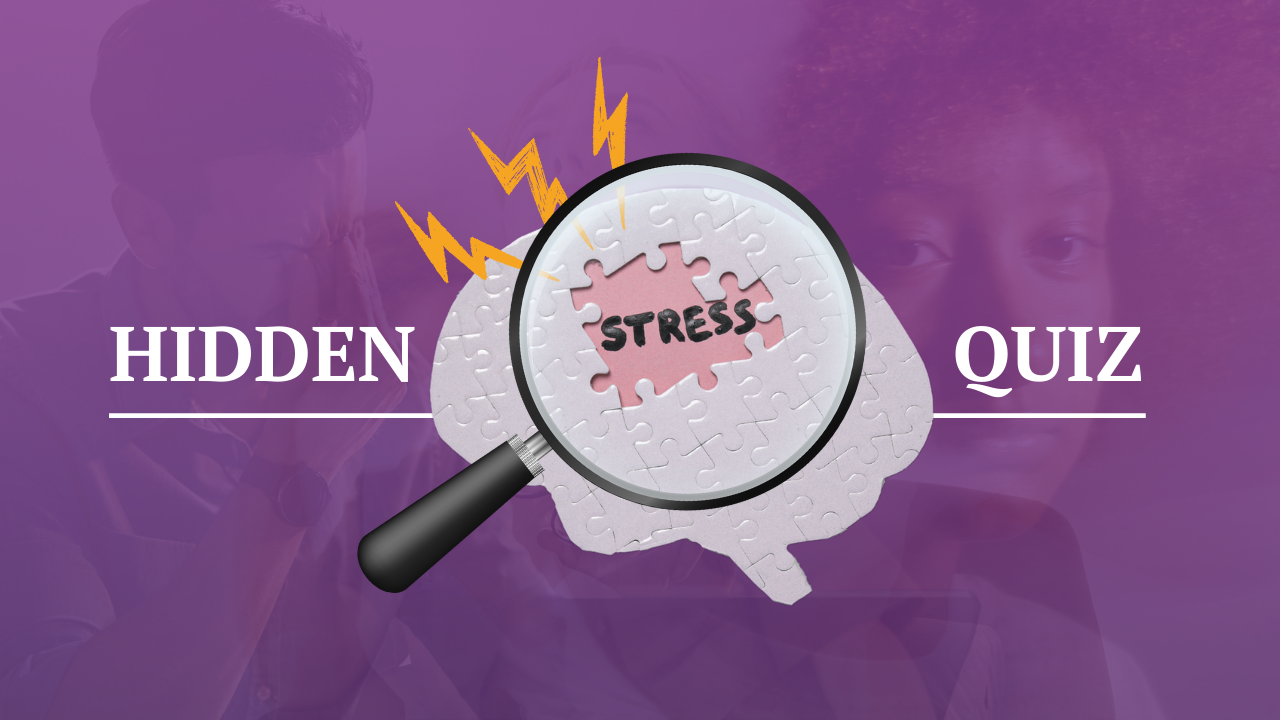The Transformative Power of Gratitude: A Key to Stress Management
Oct 25, 2023
Gratitude is a superpower with transformative power that is the cornerstone of every stress management toolkit. Gratitude is not just a fleeting emotion; it's a scientifically backed strategy that can reduce stress, boost mental health, and enhance overall well-being.
The Science of Gratitude: The concept of gratitude might seem simple, but it's deeply rooted in psychology and has been the subject of extensive research. One study conducted by Emmons and McCullough (2003) found that individuals who regularly practiced gratitude reported higher levels of well-being, including fewer symptoms of illness and increased optimism. They discovered that gratitude is associated with positive emotional states and reduced levels of cortisol, the body's primary stress hormone.
Cultivating a sense of gratitude can also lead to enhanced emotional intelligence, which plays a vital role in managing stress. A study published in the journal "Emotion" (Gulliford et al., 2013) found that gratitude is positively correlated with emotional intelligence, helping individuals better understand and regulate their emotions in stressful situations.
How to Cultivate Gratitude: Now that we understand the science behind gratitude, let's explore practical strategies to incorporate it into your daily life. Research suggests that there are numerous effective ways to cultivate gratitude:
- Gratitude Journaling: Keeping a gratitude journal is a powerful practice. Each day, take a few minutes to write down things you are thankful for. This simple exercise can help shift your focus from stressors to the positive aspects of your life.
- Mindful Gratitude Exercises: Mindfulness techniques, combined with gratitude, can be a potent stress management tool. Engage in deep-breathing exercises while reflecting on the things you are grateful for, helping you stay centered in the present moment.
- Express Gratitude Actively: Don't keep your gratitude to yourself. Express your appreciation to friends, family, and loved ones. Research by Lambert et al. (2010) found that individuals who actively expressed gratitude to others experienced increased levels of happiness and decreased stress.
- Use Gratitude Affirmations: Incorporate gratitude affirmations into your daily routine. Repeating affirmations like "I am grateful for the strength within me" can reinforce a positive mindset and resilience in the face of stressors.
As Black women, we often face unique stressors, making the practice of gratitude even more crucial. Research has shown that gratitude is a scientifically validated method to reduce stress, increase resilience, and enhance overall well-being. By incorporating gratitude into our daily lives through practices like journaling, mindful exercises, and active expressions of appreciation, we can equip ourselves with a powerful tool to manage stress more effectively.
References:
- Emmons, R. A., & McCullough, M. E. (2003). Counting blessings versus burdens: An experimental investigation of gratitude and subjective well-being in daily life. Journal of Personality and Social Psychology, 84(2), 377-389.
- Gulliford, L., Morgan, B., & Kristjánsson, K. (2013). Recent work on the concept of gratitude in philosophy and psychology. Emotion, 13(3), 525-531.
- Lambert, N. M., Clark, M. S., Durtschi, J., Fincham, F. D., & Graham, S. M. (2010). Benefits of expressing gratitude: Expressing gratitude to a partner changes one’s view of the relationship. Psychological Science, 21(4), 574-580.


